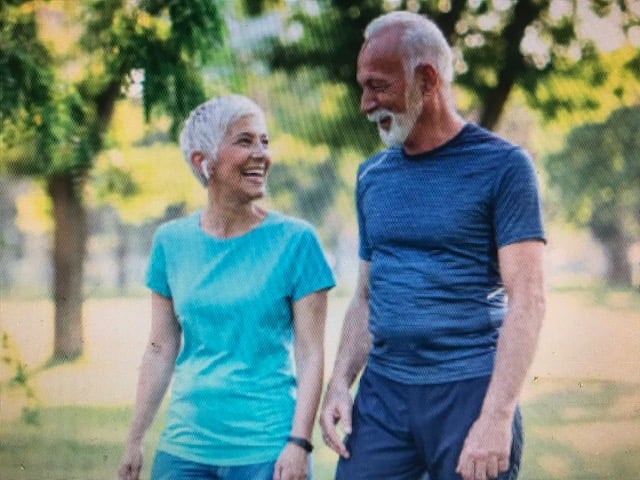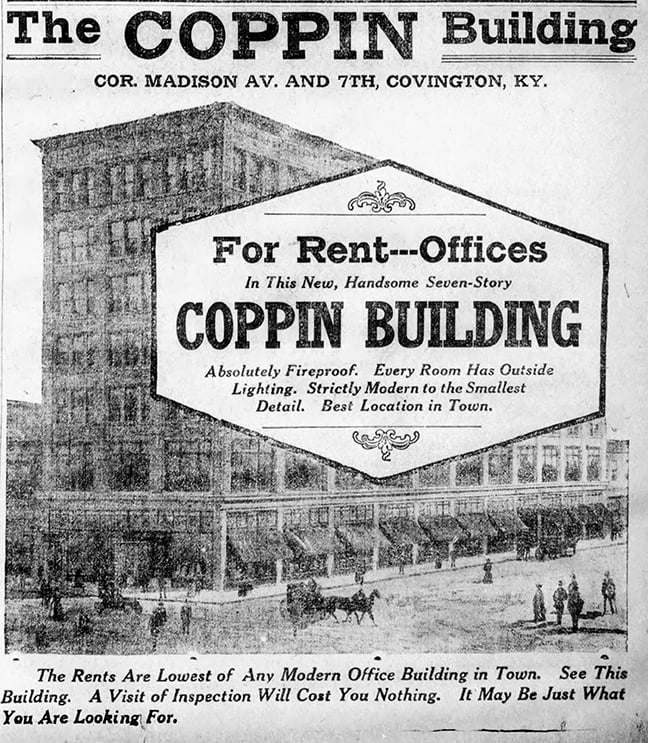The U.S. Supreme Court sided with a Texas law that required age-verification in order for minors to access online porn sites. The June 27 ruling applies the same age-verification standards to internet websites as those for brick and mortar porn shops and strip clubs. But if you were to believe opponents like the ACLU and Free Speech Coalition, you’d think the First Amendment is teetering as a censorship regime threatens to undo us.
In response to the 6-3 ruling in Free Speech Coalition, Inc. v. Paxton, Alison Boden, executive director of the Free Speech Coalition, said, “The government should not have the right to demand that we sacrifice our privacy and security to use the internet. This law has failed to keep minors away from sexual content yet continues to have a massive chilling effect on adults. The outcome is disastrous for Texans and for anyone who cares about freedom of speech and privacy online.”
Boden contends that proving one’s age via a government issued ID like a drivers license is burdensome and would likely discourage adults from accessing controversial websites. After all, there could be a data breach where they’d be found out. Of course, the political left would certainly welcome age-verification to discourage minors from accessing online gun dealerships. Websites selling alcohol in Kentucky ask to confirm age before entering. So why the vigorous opposition to carding minors to keep them out of online strip clubs? (According to Synthesis, 82% of internet traffic is video based)

National Legal Director of the American Civil Liberties Union Cecillia Wang objected to the Court’s jurisprudence and said, “The Supreme Court has departed from decades of settled precedents that ensured that sweeping laws purportedly for the benefit of minors do not limit adults’ access to First Amendment-protected materials.”
To be clear, adult access hasn’t been limited. Justice Clarence Thomas wrote the majority opinion and applied a different standard: “intermediate scrutiny” vs “strict scrutiny.” The ruling held that the law serves a compelling state interest of protecting children from sexually explicit content and the Texas law is tailored to that interest.
Wang points to established precedents when it came to print pornography in the 70’s and 80’s with Playboy and Penthouse sold at gas stations and supermarkets. But the digital age has overtaken the printing press with videos, reels, and vile content, unfit to be described in this column. Algorithms track users’ tastes and cater to them, kids included. The reality has changed with revolutionized delivery mechanisms and easy access to minors. So why wouldn’t we want to protect minors from second gen pornography vying for their attention—just a finger tap or two away from a curious nine year old?
Kentucky passed a similar age-verification law in 2024 requiring a state-issued ID verifying they’re 21 before accessing an adult website (one-third or more of the content must be considered pornographic and “harmful to minors”). The law also established a civil cause of action and levied a penalty of “ten thousand dollars ($10,000) per instance that the covered platform failed to perform age verification to restrict the minor’s access to matter harmful to minors.” As soon as the law went into effect, PornHub left Kentucky.
Texas’ law requires porn sites to warn users of the dangers of porn consumption in a prominent place: “Pornography is potentially biologically addictive, is proven to harm human brain development, desensitizes brain reward circuits, increases conditioned responses, and weakens brain function.” Numerous studies support such warnings across demographics, especially to minors who’re trying to make sense of the world with brains that are still forming.
An article in Family Medical and Community Health, entitled Pornography Use Among Adolescents and the Role of Primary Care, links negative behavior in adolescents with porn use. “These behaviours include, more frequent engagement in casual sex, high-risk sexual behaviours such as sex with multiple partners and substance use during sex. Adolescents may also exhibit a higher tendency to have sexual intercourse and experience sexually coercive behaviour. Male adolescents who are exposed to frequent pornographic material may also exhibit higher levels of sexual aggression compared with those with infrequent exposure to pornography.”
But there’s a connection to riskier behavior. Last year, Dr. Debby Herbenick wrote in The New York Times that she’s seeing a dramatic increase in “rough sex” among college students. 64% of women surveyed across college campuses report they’ve been choked during sex. Nationally, about 1 in 3 women (aged 18-24 years) report erotic asphyxiation during their most recent sexual activity. This corresponds with the rise of violent and aggressive porn.
While searching for a link between porn and sexual violence, the top websites advertised access to it instead of the scholarly research I was looking for. PornHub was number one with “Watch Best Rough Sex Ever porn videos for free.” Correlation isn’t causation, but porn is ubiquitous, access is easy, and the implicit message relayed is troubling.
The trend is to protect children. Twenty-four states have passed age-verification laws. Even the United Nations Children’s Fund favors government action restricting minors online access to pornography.
According to a 2023 survey from Common Sense Media, more than half of teens report having first seen online pornography before age 13. Twelve is the average age when children first consume the content. But what is it doing to their young brains where the synapses are still connecting? What is it telling them about healthy sexuality? And what is it telling young boys in particular about how women should be treated?
We should all agree that children aren’t capable of processing adult experiences and that requiring age verification to access adult content is a small price to pay in order to protect our children.
The digital prophet and professor of mass media Neil Postman advocated that children are a special part of society in need of care and consideration, particularly from the emerging media regime. He said, “It is not conceivable that our culture will forget that it needs children. But it is halfway toward forgetting that children need childhood. Those who insist on remembering shall perform a noble service.”
Alison Boden displaced a fundamental need of children (child protection) with a perceived need of adults (unfettered access to sexual content) and called pornography “the canary in the coal mine of free expression.” Perhaps when it comes to porn, our children are the canaries in the digital space and too many exhibit the fallout from exposure to its toxicity.
Richard Nelson is the executive director of Commonwealth Policy Center. He is also the host of the Commonwealth Matters Podcast on Spotify.





















